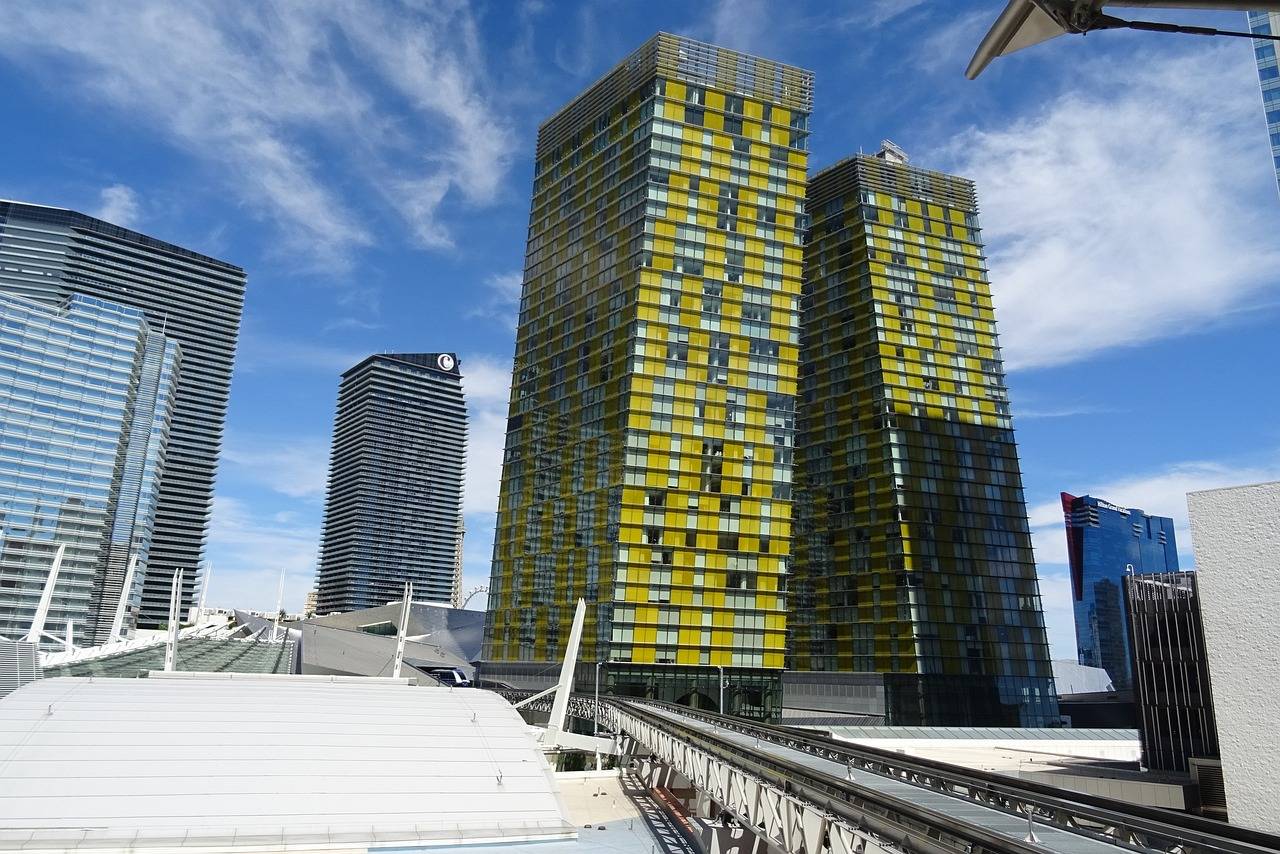Exploring the Economics of Live Events: Concerts, Festivals, and Sporting Matches
The pricing of tickets for live events is a critical factor that significantly influences attendance levels. It is a delicate balance to set prices that attract attendees while also generating substantial revenue. Research has shown that if ticket prices are too high, it can deter potential attendees, leading to lower attendance rates.
Conversely, setting ticket prices too low can undervalue the event and may raise suspicions about its quality. This could result in a perception that the event lacks prestige or is not worthwhile attending. Striking the right balance is crucial for event organizers to ensure optimal attendance, revenue generation, and overall success of the live event.
Revenue Streams for Live Events
Revenue streams for live events are essential to the success and longevity of any event. These streams encompass the various sources from which revenue is generated, including ticket sales, merchandise, concessions, sponsorships, and partnerships. Diversifying revenue streams is crucial to ensuring financial stability and maximizing profitability in the live events industry.
Ticket sales remain a primary revenue stream for live events, with pricing playing a critical role in determining attendance levels and overall revenue generation. Effective pricing strategies take into account factors such as demand, audience demographics, production costs, and market trends to optimize revenue potential. Additionally, offering tiered pricing options and early bird discounts can help attract a wider audience while increasing overall ticket sales.
Marketing Strategies for Selling Tickets
When it comes to selling tickets for live events, utilizing social media platforms is essential. Engaging with potential attendees through targeted advertisements on platforms like Facebook, Instagram, and Twitter can help increase visibility and drive ticket sales. By creating compelling content and interacting with followers, event organizers can create a buzz that encourages people to purchase tickets.
Another effective strategy for selling tickets is collaborating with influencers or industry partners. Leveraging the audience of influencers who align with the event’s target demographic can significantly boost ticket sales. Additionally, partnering with other businesses or organizations in related industries can help expand reach and attract a broader audience. By tapping into existing networks and communities, event organizers can access new markets and drive ticket sales.
• Engaging with potential attendees through targeted advertisements on social media platforms like Facebook, Instagram, and Twitter
• Creating compelling content and interacting with followers to create buzz
• Collaborating with influencers or industry partners to leverage their audience
• Partnering with other businesses or organizations in related industries to expand reach and attract a broader audience
How do ticket prices impact attendance at live events?
Ticket prices can greatly influence attendance at live events. If ticket prices are too high, it may deter potential attendees from purchasing tickets. On the other hand, if ticket prices are too low, it may devalue the event and not generate enough revenue. Finding the right balance is crucial.
What are some revenue streams for live events?
Some revenue streams for live events include ticket sales, sponsorship deals, merchandise sales, concessions, VIP packages, and live streaming options. Diversifying revenue streams can help maximize profits for the event.
What are some effective marketing strategies for selling tickets?
Some effective marketing strategies for selling tickets include utilizing social media platforms, partnering with influencers or celebrities, offering early bird discounts or promotional codes, creating engaging content such as videos or blogs, and utilizing email marketing campaigns. It’s important to target the right audience and create a sense of urgency to drive ticket sales.





